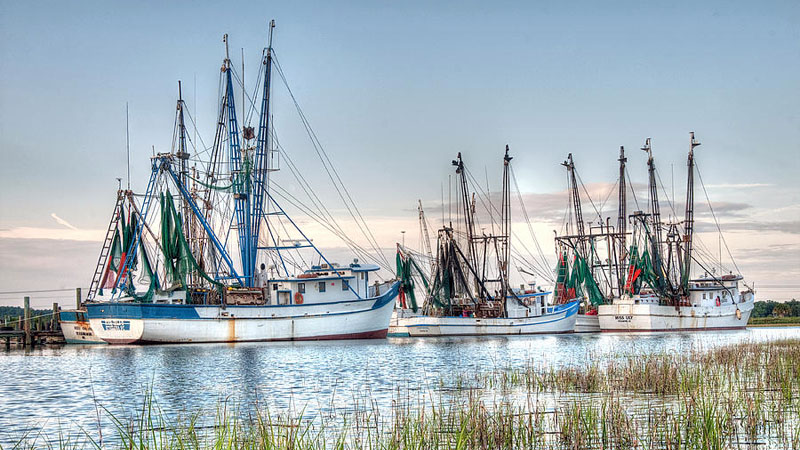Exclusive content

Shrimpers on St. Helena Island in the United States are launching into uncertain waters as they kick off the 2024 shrimp season. Despite the festive atmosphere of the annual “Blessing of the Fleet” at Gay Fish Company, the future of local shrimping faces significant challenges due to the influx of cheap, imported shrimp.
Industry Challenges
The ceremony, a tradition that spans centuries, took on added meaning this year. Captain Bob Upton Jr. led a prayer for higher shrimp prices and lower diesel costs—a wish reflective of the industry’s plight. Floods of inexpensive Asian shrimp, which now dominate U.S. markets, have driven local prices to unsustainable lows, threatening the livelihoods of coastal shrimpers.
According to Cyndy Gay Carr, business manager at Gay Fish Company, imported shrimp account for 93% of U.S. sales, putting wild-caught shrimp at a severe pricing disadvantage. The exorbitant cost of fuel, at over USD 3.50 per gallon, further compounds the economic pressure on local shrimpers.
Resilience and Advocacy
Despite these challenges, the Southern Shrimp Alliance (SSA) and South Carolina Shrimpers Association are rallying for federal support. They seek a fishery resource disaster declaration to provide financial relief to struggling shrimpers. Moreover, they advocate for heightened tariffs on foreign shrimp and stricter regulations on overseas shrimp industries.
Shrimpers emphasize the superiority of local catch, touting the pristine waters of St. Helena Sound as an ideal breeding ground for high-quality shrimp. This sentiment underscores the commitment to protecting natural resources while producing premium seafood.
Community Support
At the Blessing of the Fleet, speakers stressed the importance of community support for local industries beyond shrimping, including agriculture and artisanal products. This call to action highlights the interconnectedness of the region’s watermen and farmers in sustaining South Carolina’s unique economy.